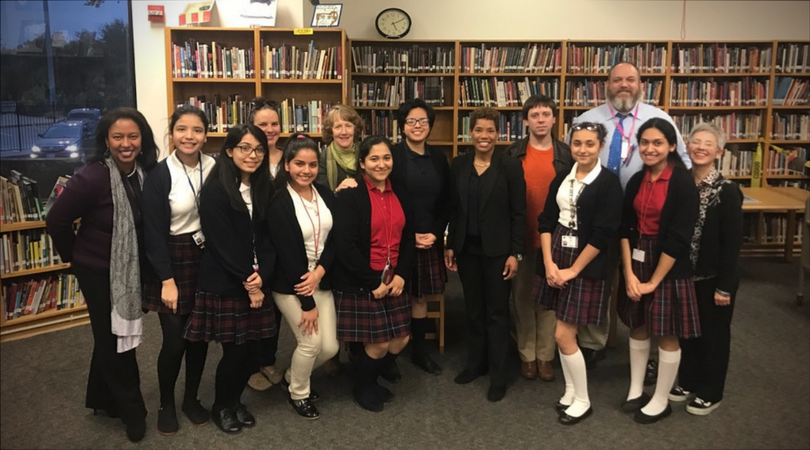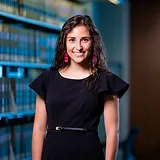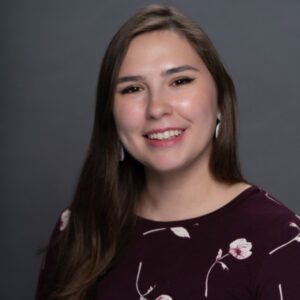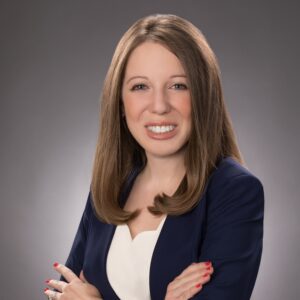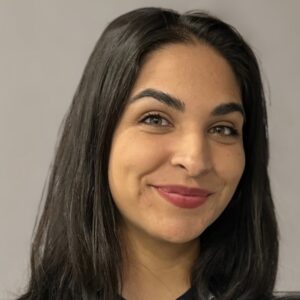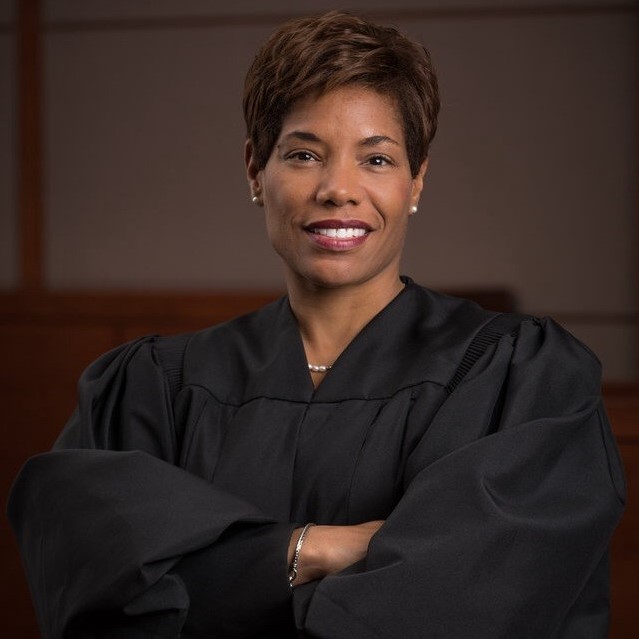
Judge Tonya Parker presides over the 116th Civil District Court in Dallas County, where she determines the outcome of cases ranging from medical malpractice to employment discrimination. She serves litigants from all over the world, so long as their civil case touches Dallas County limits in some way. Her calm demeanor and intellectual remarks exemplify her ability to articulate in depth policy perspectives. She has been the recipient of tremendous honors, highlighting her dedication to the community she serves, including Dallas Women’s Foundation’s “Maura Leadership Award”, “Distinguished Alumni Award for Judicial Service” from her alma mater SMU Dedman School of Law, and “Trial Judge of the Year” by the American Board of Trial Advocates – Dallas Chapter. But practicing law hadn’t always been Parker’s number one passion. If it weren’t for role models throughout her adolescence, she might’ve continued focusing on her blooming career as an athlete, never realizing her potential on the bench.
Parker experienced a range of household environments growing up, ranging geographically from Chicago, IL, Gary, IN, and Richardson, TX. Her time in each of these cities allowed her to grasp a wide range of perspectives. Parker gathered unique frames of reference on a variety of issues including poverty and disenfranchisement in Chicago, as well as diversity and inclusion in Richardson. It was this monumental time of transition in her childhood that led Parker to find the utmost compassion for diversity in decision-making and representative bodies.
As Parker began to enter adolescence, she focused heavily on her success in sports including track and basketball. As her list of achievements grew in athletics, so did the importance she placed on setting high expectations for herself. By the time she reached junior high, she had made a name for herself as a successful athlete but not much else. Parker did not realize the potential she held as a student until her 8th grade English teacher began serving as her mentor. Her teacher began to recognize Parker’s keen ability to excel in the classroom and pressed upon her that she wasn’t just an athlete but also a scholar. Parker’s relationship with her English teacher let to a foundational hunger for success not only on the court and track but also in the classroom. She accredits this encounter as the beginning shape of her trajectory as a public official.
Parker’s first time experiencing politics hands on wasn’t until she began working as a lawyer in Dallas. She joined a firm that impressed the importance of voting upon her, allowing associates to leave the work place to vote during elections. Parker quickly realized how important activities like voting are to the people of her community stating, “the political process is valuable to democracy.” Then, after the election of 2006, Parker knew she wanted to give more to the political process than her singular vote; she decided she wanted to run for office.
The demographics in Dallas County shifted in 2006, bringing more Democrats, especially women, into public office. Parker took advantage of the flipped seats and decided to run for the 116th Civil District, capitalizing on her skillset as a lawyer.
Upon entering the political scene, Parker admits that she didn’t have a clue on how campaigns were run internally; she had only experienced block-walking local and congressional candidates prior to her filing for a place on the ballot. She began reaching out to others who sat in elected office or had run a campaign before. Parker eventually connected with a colleague who served as her personal mentor, providing advice on everything from fundraising to marketing. This colleague introduced her to a political consultant, who she eventually hired for her own campaign.
Parker strongly advocates for candidates to utilize the services of a political consultant as it has served as one of her greatest resources when she ran for office. Additionally, Parker believes potential candidates should seek out a mentor who can serve not only for political advice but also emotional support. She encourages candidates to learn everything they can about a campaign from the ground up by volunteering for other campaigns, come in close contact with the local political process, and begin connecting with the women in their community. She particularly emphasized the importance of connecting with others saying, “as women we sometimes have to be reminded just how smart, creative, and capable we are.”
On the topic of political parity, Parker knows systemic barriers are present that prevent women from entering politics, however, she believes they are being broken and torn down. Parker believes that in order to eliminate more of these barriers, women must stop selling themselves too short. She says “we consistently have the view that we aren’t qualified to serve or that we aren’t perfect in every category; we put significant pressure on ourselves which is a barrier itself.” Parker believes that the only way to reach political parity is “to eliminate the these psychological barriers that often cause us to unjustly believe we are lesser.” The truth is, more than ever before, the world needs women to lead. Parker adds, “women have unique skillsets, intuition, and perspectives that can make a real difference on the important issues of our day; the time for us to lead is now and we must answer the call for us to serve.”
